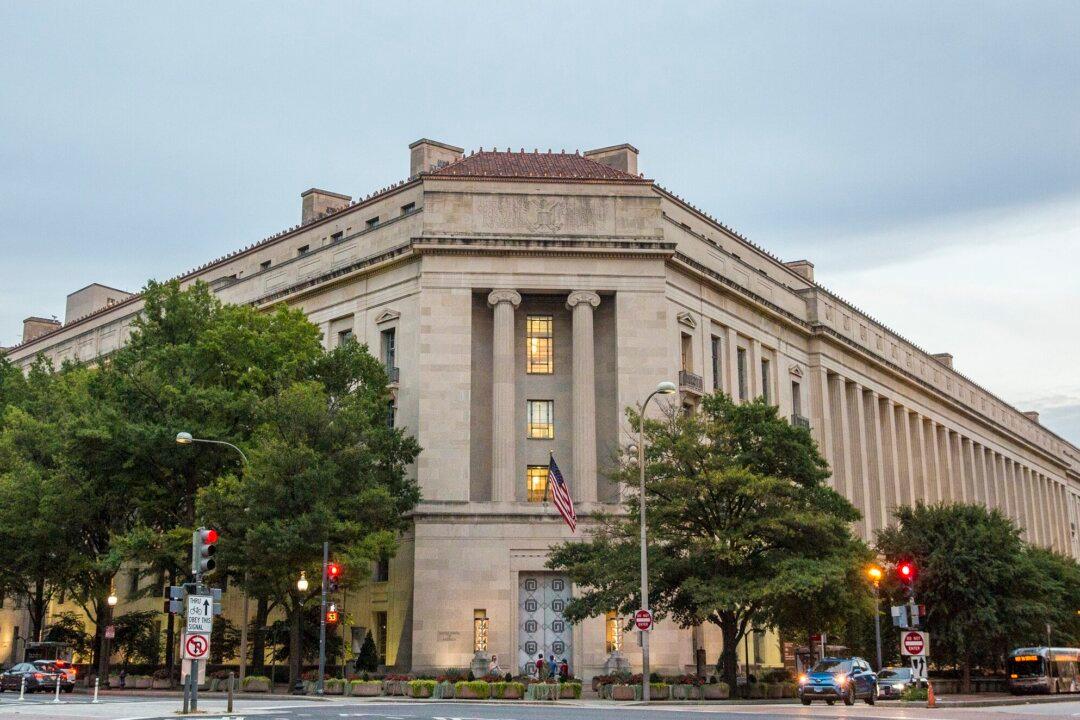A Chinese national residing in New York has been arrested for allegedly trying to cheat the federal government and several banks in millions of dollars in loans intended to provide relief to small businesses during the CCP virus pandemic, the Justice Department said.
Muge Ma, 36, who is also known as Hummer Mars, has been accused of attempting to claim over $20 million in government-back loans for two of his companies—New York International Capital LLC (NYIC) and Hurley Human Resources LLC (Hurley)—by falsely representing that the companies had hundreds of employees and paid millions of dollars in wages to those employees when Ma appears to be the only employee in his companies.




